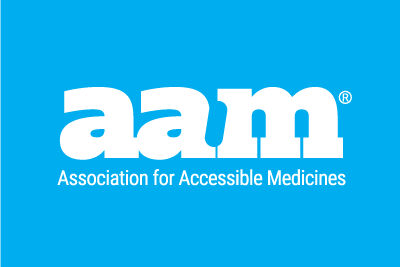Proposed BBB Negotiation Framework Discourages Biosimilar Competition, Imposes Higher Costs on Commercially Insured Patients and Their Employers
This week, we learned that employers experienced a 6.3% jump in health benefit costs last year.1 Findings such as these, paired with high brand-name drug costs, are why commercial and employer-sponsored health plans have long looked forward to savings from biosimilar competition.
